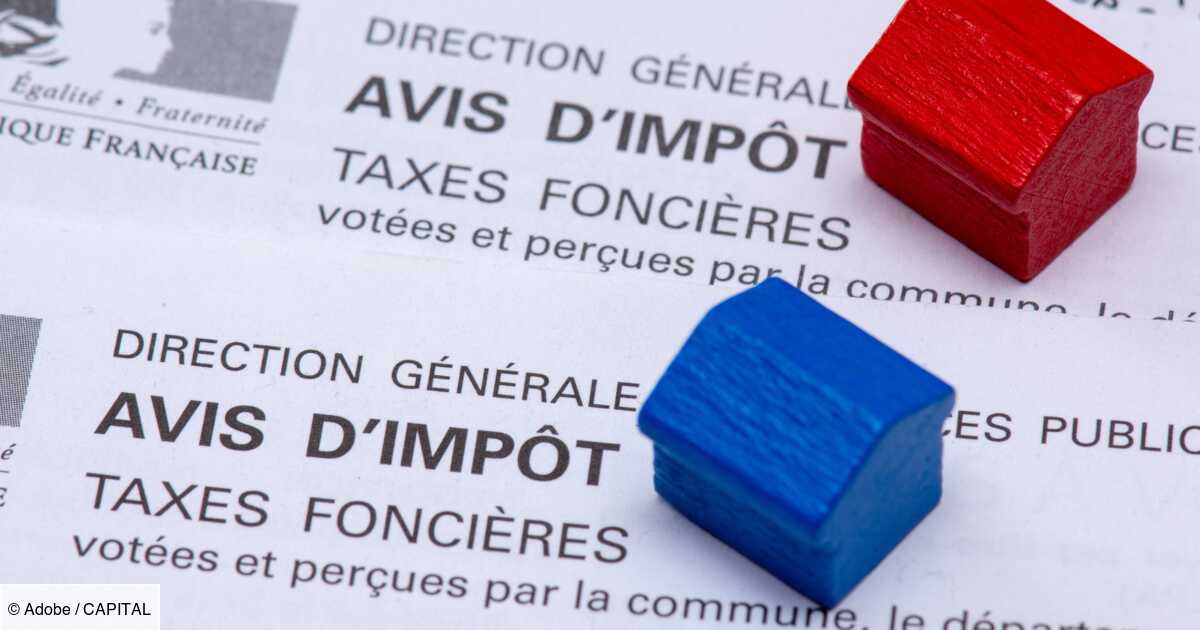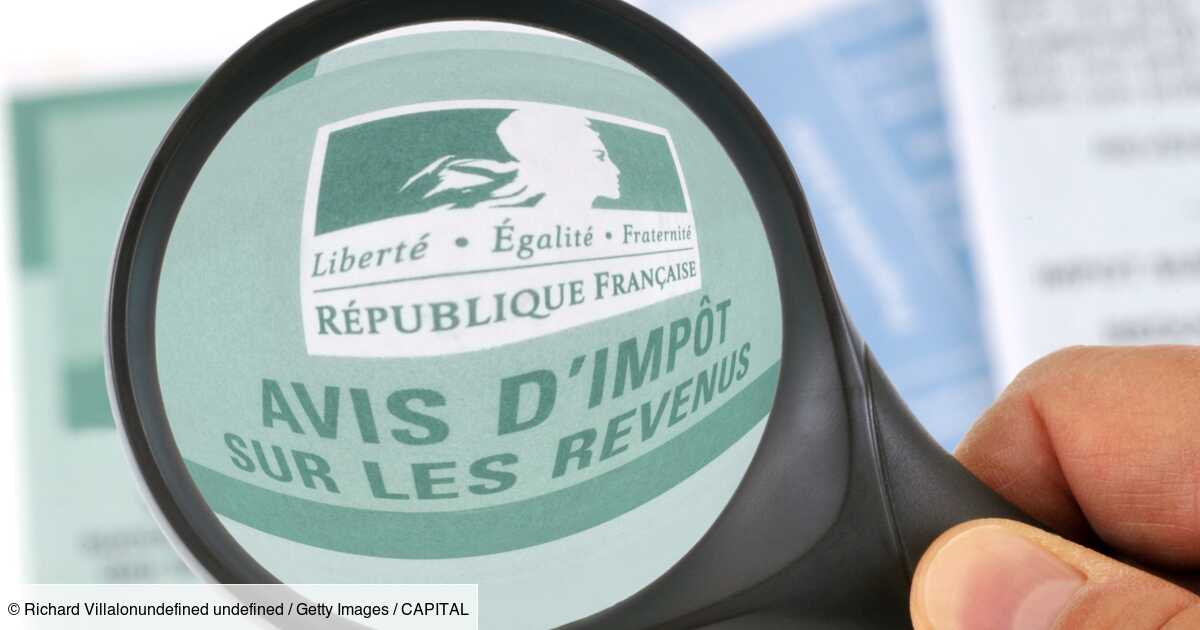Monday, March 31, the bill against fraud on scriptural means of payment is examined by the deputies. In particular, it aims to create a file listing fraudulent iban.
© MTTOCK Studio/Getty Images
– Fraud to means of payment was 1.195 billion euros in 2023.
-
To safeguard
Saved
Receive alerts Fraud
Fraud to means of payment is in the viewfinder of the deputies. Monday, March 31, the bill defended by Daniel Labaronne, elected from the 2nd district of Indre et Loire and member of the finance committee, arrives at the National Assembly. According to the law, fraud to means of payment cost 1.195 billion euros in the French State in 2023. The scams with false IBAN, the unique identifier of a bank account, weigh for 149.76 million euros. As for check fraud, it represents 496 million euros. This means of payment is the most defrauded with a rate of 0.078% in 2023. The bill aims to fight against these two types of scam.
The text, deposited by a group of elected officials together for the Republic, first aims to create a file identifying all the fraudulent iban. “The crooks intercept exchanges of invoices, modify the bank details and thus divert the payments intended for the legitimate beneficiaries”explains the rapporteur for the bill. The deputies propose that this file whose aim is to improve the detection of fraud be managed by the Banque de France. A similar tool already exists for checks: this is the National File of irregular checks (FNCI) created in 1992. The latter “Allows you to identify and detect the use of irregular checks”specifies Daniel Labaronne.
Social Security: This health insurance fraud has multiplied by 5 in one year
The Fraudulent Iban file would be shared with all payment service providers including the Caisse des Dépôts and the Treasury Public if the text were adopted. However, the bill prohibits closing an account on the sole reason that it has been reported.
Strengthen the fight against check fraud
With regard to check fraud, the text proposes to integrate falsified or counterfeit checks into the dedicated file, the FNCI, which currently contains only false checks. The latter would be shared with establishments which will then have the possibility of consulting it before collecting a check. “In case of doubt, they will be able to postpone the collection of the check while awaiting its final rejection by the payer’s bank”, presents Daniel Labaronne.
Banking fraud has “An impact on the revenues of public administrations”, says the rapporteur. Indeed, many false checks are used to settle fines or taxes, sums due to the State, local authorities or social security, advances the deputy.
Receive our latest news
Each week, the flagship items to accompany your personal finances.










